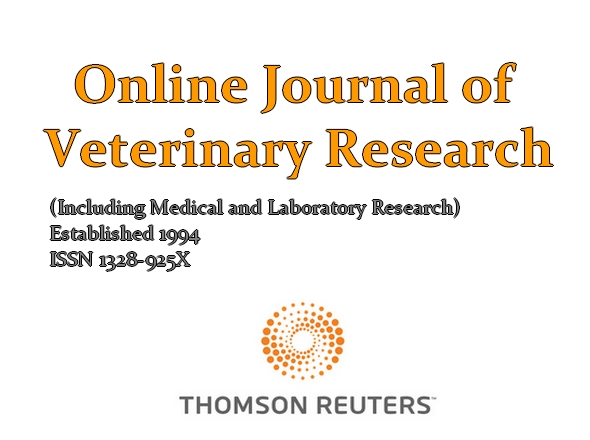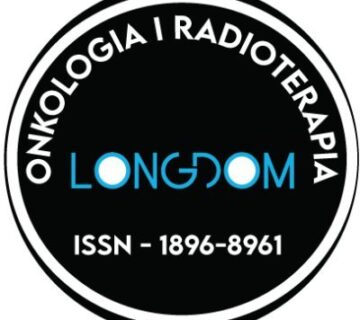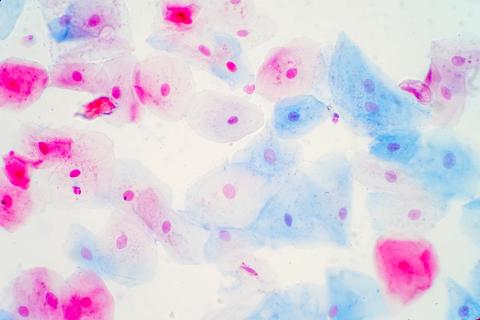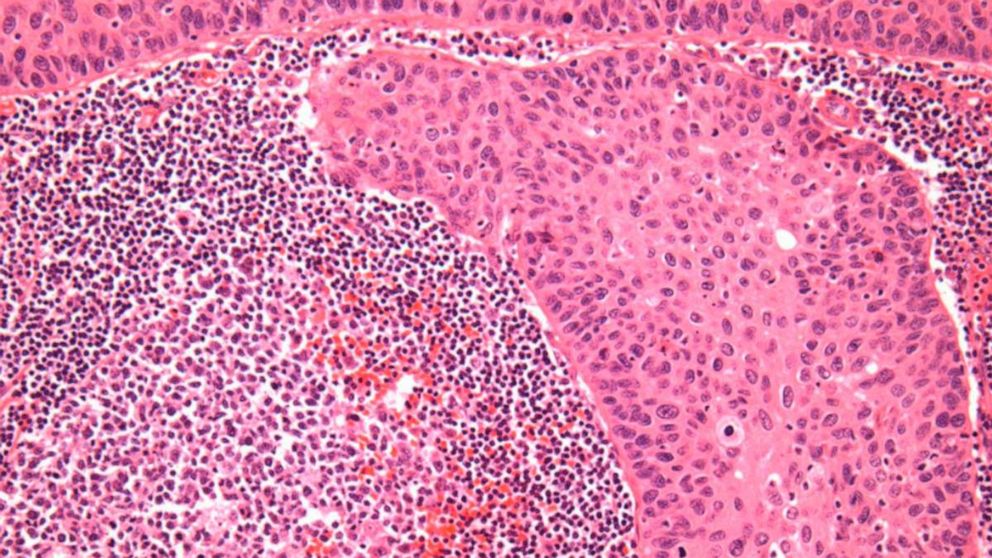Abstract: Authors previously reported ~25% mammary tumors in dogs in Iraq which they partly attribute to carcinogenic war materials such as TNT. In our study, 10 virgin un-spayed military/pet bitches aged 5-15 years presented April 2016 to December 2017 with abnormal masses in the abdomen with painful oedema, swelling, anorexia, weight loss, weakness and mild fever. Examination of regional lymph nodes and thoracic radiography confirmed metastasis. Tumors were excised and determined to be mostly canine adenocarcinomas (CMT), involving multiple glands, solid in texture, 5-15 cm in size, located mostly in the inguinal mammary glands at stage T3: >5 cm. Microscopy confirmed presence of adenocarcinoma in 8 dogs and solid carcinoma in 2 with half of tumors being grade III. Tumors had pleomorphic hyperchromatic cell nuclei in stroma, epithelial cells of ducts with squamous metaplasia, fibrosis and infiltrates of inflammatory cells in interstitial mammary tissue. In papillary carcinomas, we also found papillary projections into glandular acini, with proliferation of epithelial cells. Gross lesions appeared as multiple ulcerated cranial abdominal masses with congestion and bloody edema. Expression of oestrogen (ER) and progesterone receptors (PR), and proliferation marker (Ki-67) were determined by immunohistochemistry. Samples were negative for ER and PR except for one PR sample which stained strongly. This dog had a small low grade tumor (3 cm) grade. Tumors from 7 dogs were strongly positive to Ki-67 localized in the nuclei of cells, but 3 tumors stained negative or weak. Follow up for 18 months, included health status, recurrence or metastasis. Only 3 dogs survived with others dying by 12 months.
Keywords: Mammary tumor, dogs, histology, immunohistochemistry, ER, PR, Ki-67









